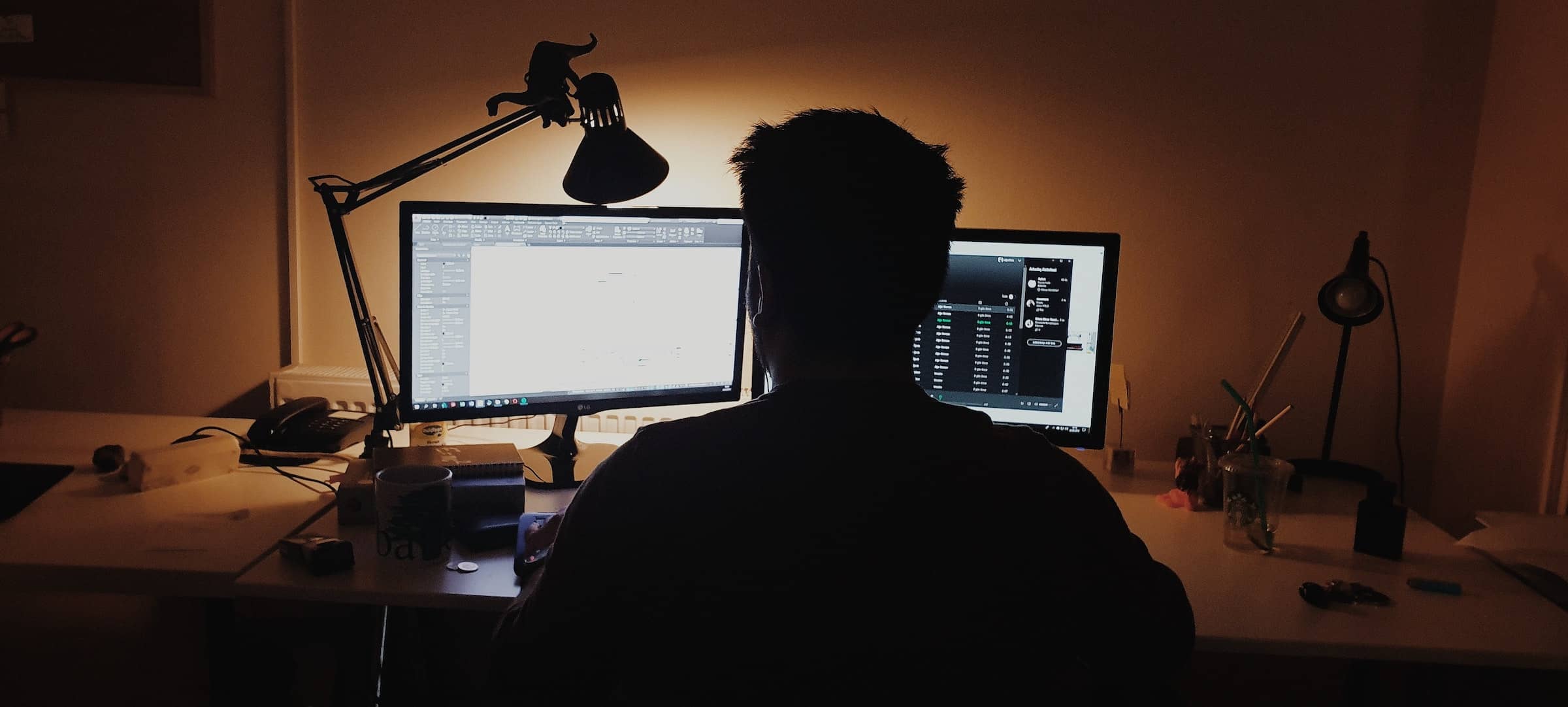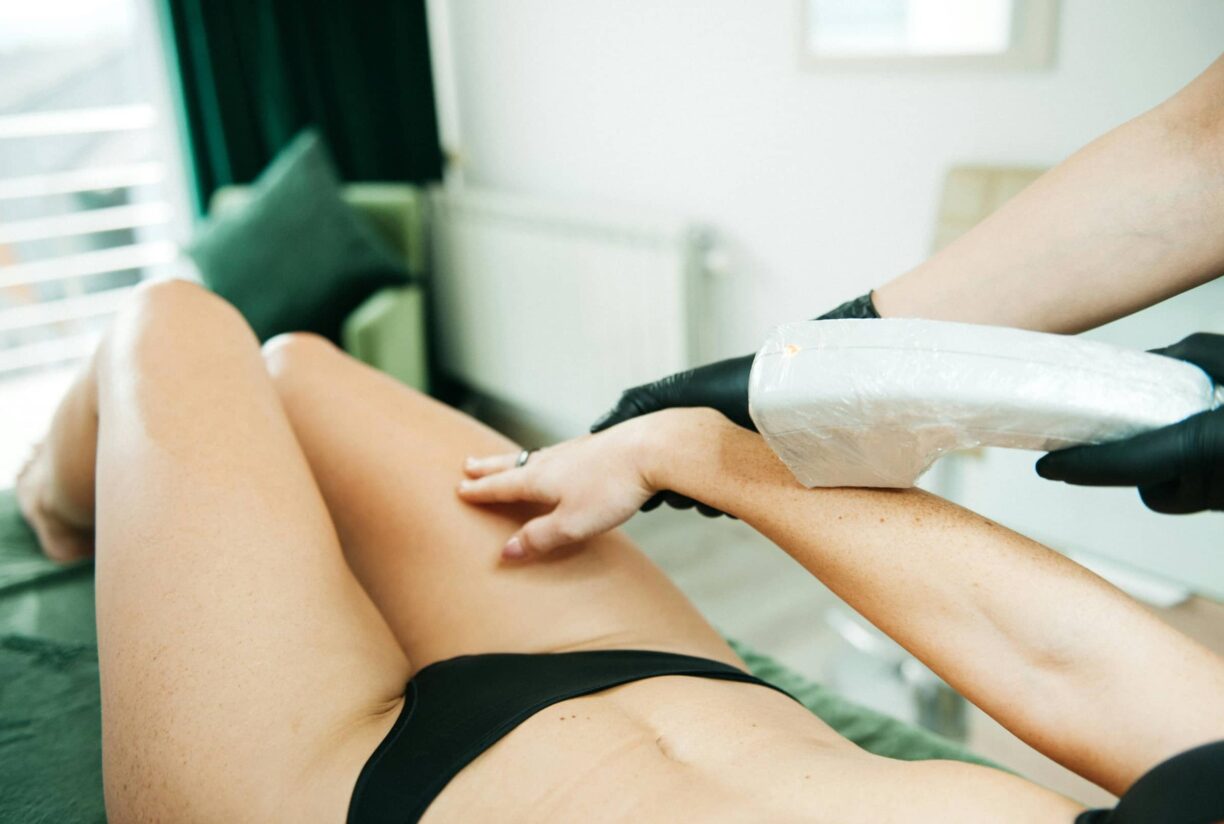Society is obsessed with age, altering the image and the individual to appear younger. While many people concentrate on improving the physical aspects through fitness, fashion, and even cosmetic surgery, many people fail to see the other way in which we can be aged: through our use of technology.
How and when we decide to use it can add years to our bodies and minds. Here are some ways it can do this and some essential tactics to help you avoid it.
Impacting Your Memory
The first-way technology impacts your body is through the degradation of memory. Most information can now be stored on devices, from phone numbers to maps, which means we need to recall less information on a daily business.
The hippocampus, the part of the brain that recalls and stores memories, then gets underused. Like a muscle, if not used, it loses its strength and ability.
How much this can affect you often relates to your technological age. It can be an indicator of how reliant you are on electronic and mobile applications for basic skills, such as recall.
Of course, there are very tangible generational differences that affect people’s relationships with technology. For example, this quiz by ExpressVPN will determine your technological age based on your answers to a number of tech-related questions.
Your answers are then measured against real-world stats about internet usage among different age groups. If you find yourself in the lower one, you may be overusing technology and social media, so it may be time to address some of the issues.
Ways you can combat this are by limiting your reliance on technology. Studies have shown that even taking pictures of events can impact memory, so try to enjoy moments instead of capturing them.
Make sure you try to turn to memory when recalling information before flitting immediately to the device or your GPS.
Sleep Loss

Sleep is essential so that the body can rest and repair. Around eight hours of unbroken sleep every evening is recommended. If not, we can find that our body runs down quicker, illness sets in, and our cognitive abilities become impaired.
Few people get this amount, and it can cause major problems, especially for people who are younger and still developing physically. If devices ping and ring during the night, they break our patterns and don’t let us enter deep sleep.
Even people who mute phones can have problems, especially if they use the device in bed before lights out. To solve the issue, make sure you finish using a device around an hour before going to sleep, turning off any notifications, and placing the phone away from your bed.
Create a wind-down schedule, perhaps having a relaxing soak or drinking nighttime tea blends. As this Art of Tea article explains, there are numerous benefits to drinking tea before bed and several different types that could be specifically advantageous to you, dependent on your needs.
Placing Strain on the Eyes
You may not think your devices can place strain on the body in a way physical exertion does. However, the complications are much more subtle and will develop over a longer period. Primarily, they will be associated with the eyes.
Screens are often small enough that you have to squint, meaning you soon develop eye strain and complications. As this comprehensive Healthline article outlines, blue light is often emitted by screens and is responsible for this as the eyes can not properly filter this part of the spectrum, so it travels through to the retina.
Too much can lead to headaches, blurred vision, and a worsening of the eye’s ability. These Specsaver’s blue light filtering glasses increase the size of on-screen fonts.





